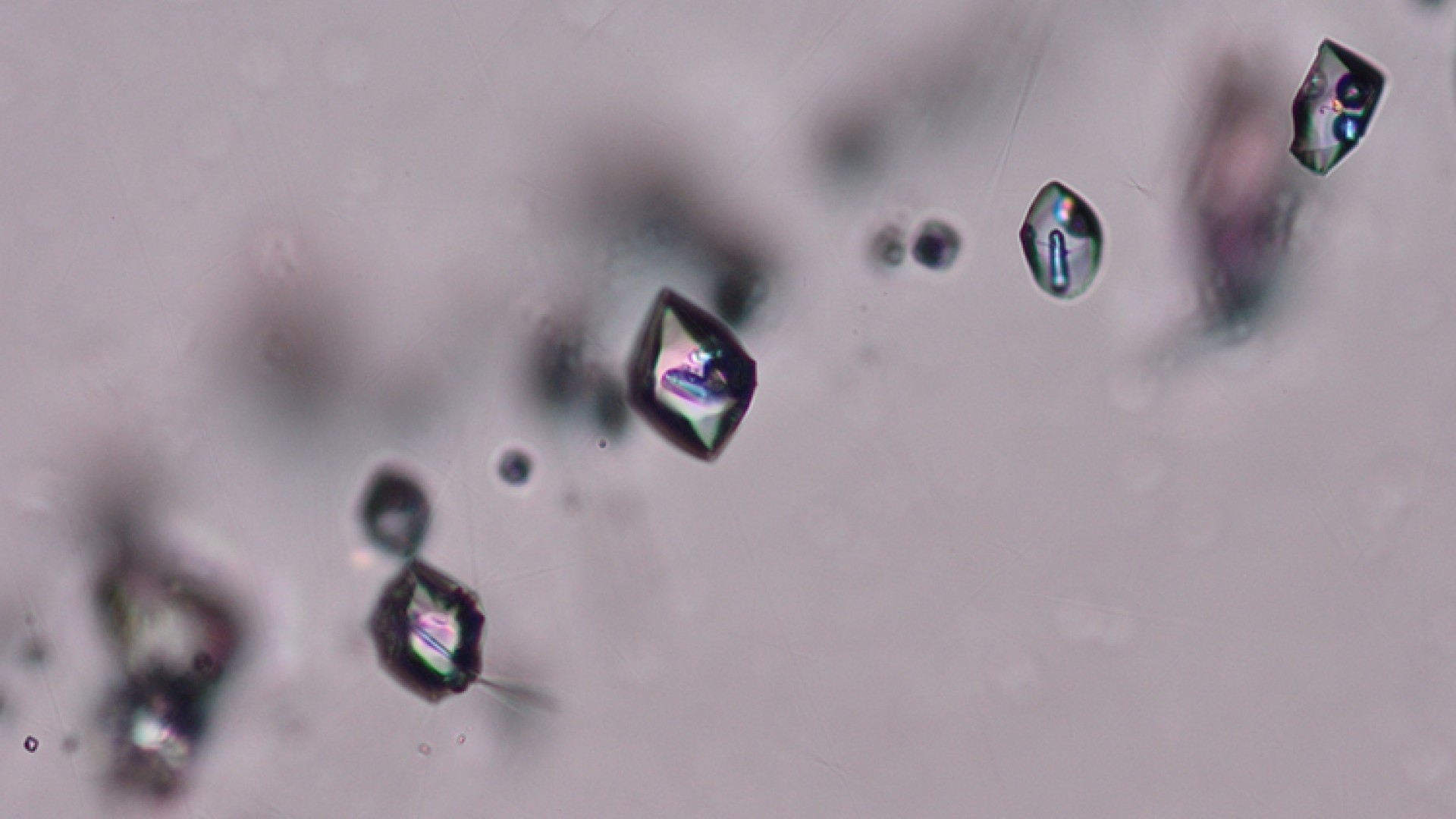
StFX student Margaret Scott has been singled out for the quality of her work as she won the Raeside Award for the best undergraduate student poster at the annual Atlantic Geoscience Society Colloquium held virtually earlier this month.
Her poster was entitled “Conditions of pocket formation in the Zapot pegmatite, Gillis Range, Nevada,” and was the subject of a directed studies course that StFX earth sciences professor Dr. Alan Anderson supervised. Ms. Scott, who is from Ottawa ON, and who graduated from StFX in 2020 with a biology degree and returned this year to complete an earth sciences major, competed with students at the colloquium from universities across Atlantic Canada.
“Margaret started making her measurements in my lab shortly after the COVID restrictions for the Physical Sciences building were removed in late May 2020. I would check on her progress once each week, but she worked in isolation for most of summer. Her careful collection of data was exceptional, and I am pleased that the conference judges recognized the quality of her work,” Dr. Anderson says.
Ms. Scott says she enjoyed taking Mineralogy with Dr. Anderson last year and she did well in the class. Dr. Anderson offered her a position for the summer to do research on the Zapot pegmatite, where she took microthermometric data to investigate the pressure and temperature conditions of pocket formation in the Zapot pegmatite.
She says her initial reaction to winning the award was surprise, as she was quite nervous. “I get nervous in presenting so I thought I messed up when I was asked to explain my research.”
Overall, she says it’s been a great experience.
“This opportunity was an amazing experience to have to get an idea of what it is like working in a lab and conducting research. It was one of the best summer jobs I’ve had because I was able to apply what I have been learning from my earth science courses to lab work and was able to learn more about this subject from Dr. Anderson.”
This research is, in part, made possible by the Government of Canada Research Support Fund.

